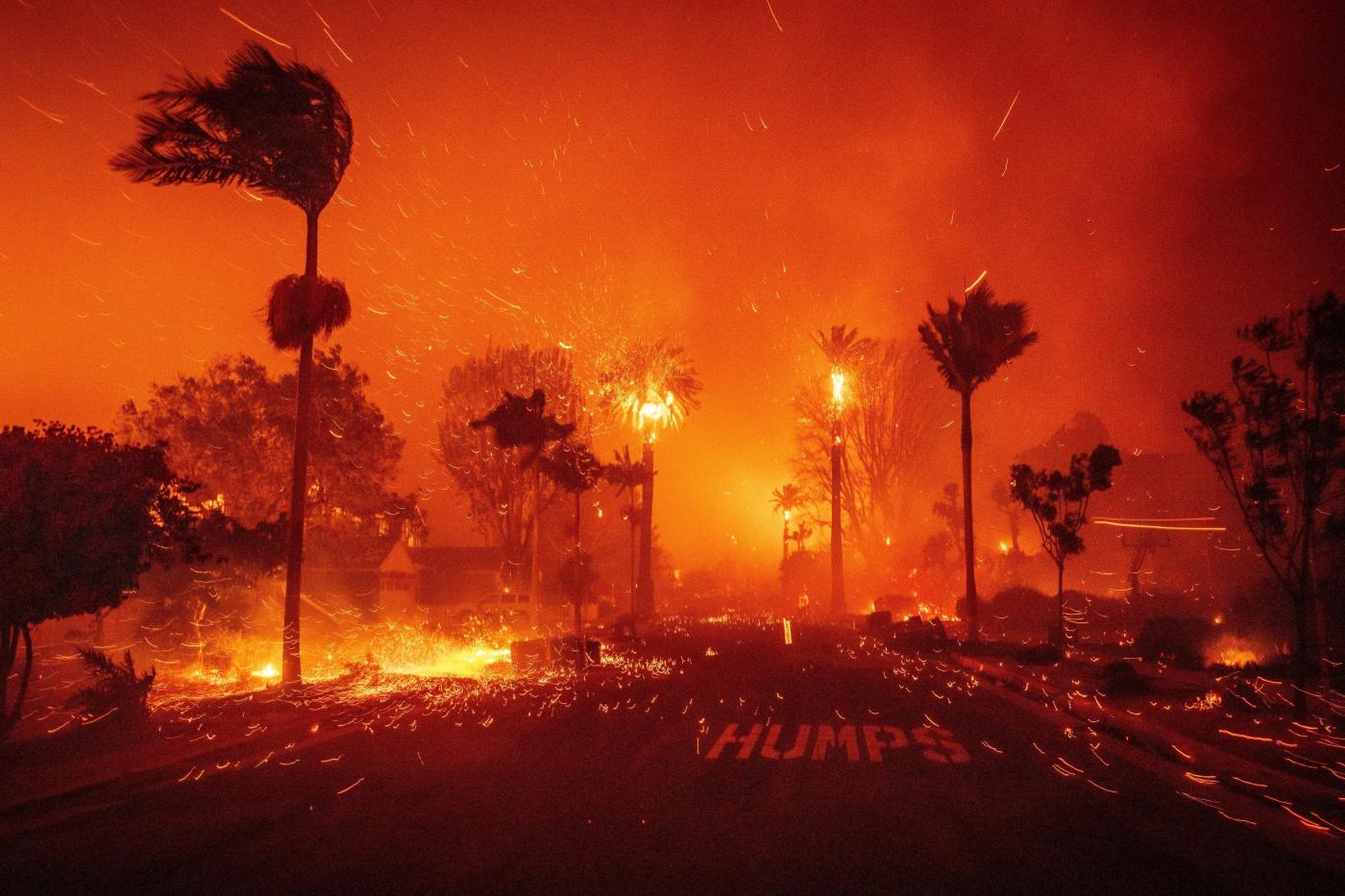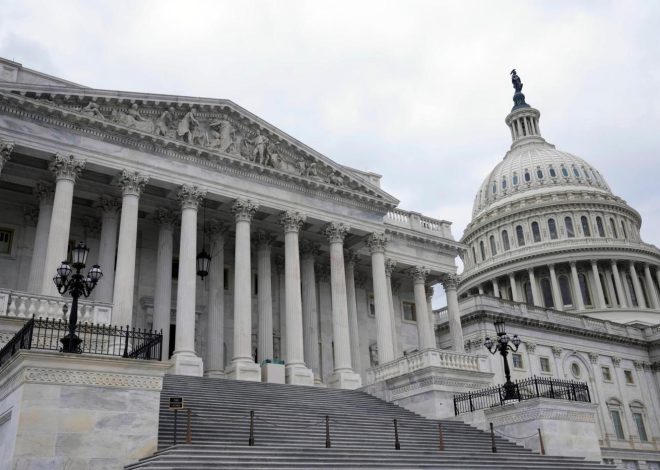
Opinion: California faces biggest call to action as climate disasters worsen
California can step up big when it wants to.
Three years ago, California received an ‘A’ on the California Environmental Scorecard, an annual tool to assess the state’s environmental action, after making landmark investments in climate justice solutions and adopting sweeping policy wins across environmental sectors. In 2023 and 2024, California earned a ‘B’ for climate action — a period marked by big steps forward and some steps back.
With 2025 being ushered in by the most devastating natural disaster in U.S. history, and the Trump administration retreating from the Paris Climate Agreement, rescinding over 70 pro-environmental actions and attacking California’s own conservation progress, this is California’s big call to action.
As one of the world’s largest economies, home to over 10% of Americans and the state that contributes over 14% of the nation’s revenue, California has a unique and outsized responsibility to be a counterweight against federal attacks, step up internationally and trailblaze the next wave of big state action.
With five years left until 2030 deadlines to avert the worst impacts of climate change and four years of a hostile federal government ahead, we can’t afford to pause globally or nationally on implementing solutions. What state leaders do at this moment will have both local and global implications on whether we make the changes necessary to protect the places and people we care about.
The main obstacle to government action at the scale this crisis demands are corporate polluters as one of the biggest financial spenders on elections and lobbying in California. The California Environmental Scorecard started tracking legislators that accept money from Big Oil at the turn of the decade.
Here’s why this is important: In 2021, 65% percent of California legislators accepted direct money from oil companies, and in 2024 that number dropped to 51%. In 2024, the average score of Democrats who took oil money is 70%, and the average score of Democrats who didn’t take oil money is 95%. The connection is crystal clear.
The inability of state leaders to resist the oil and gas lobby and transition to clean energy and resilience left Los Angeles — and so many other communities — more vulnerable to supercharged natural disasters. The emotional, health and economic impact will be felt for years, and generations, to come.
California cannot afford inaction. The cost is too great. Beyond the devastation Los Angeles and other communities are experiencing, the fossil-fueled climate crisis is creating an affordability crisis with rising energy rates, insurance costs and more.
Related Articles
The US is freezing and La Nina usually eases warming. Earth just set another heat record anyway
California Sen. Alex Padilla to propose a national Wildfire Intelligence Center
California housing officials recommend state protect renters from extreme heat
Opinion: Diesel isn’t always a dirty word in fight to reduce greenhouse gases
Walters: California’s carbon crusade faces resistance due to its real world impact
As much as California leaders have done — to be clear, they have done a lot — there is so much more needed in the next few years. Taxpayers and ratepayers have been paying for the devastation and mitigation caused by oil and gas companies, and corporate polluters must finally pay their fair share.
California needs a polluters’ fund to invest in using national infrastructure to help conserve landscapes and make communities more resilient, mitigating against catastrophic fires, scaling up clean energy, and electrifying our buildings and transportation. We need to pass robust insurance and utility reform. And agencies, like the California Air Resources Board and local Air Quality Management Districts, have the opportunity this year to phase out residential fossil fuel appliances driving pollution and health impacts, while also reforming utility regulations.
Oil and gas pollution put the things we value at risk. We have a unique opportunity in a challenging time that we need to get right. This moment is California’s big call to action. The vision and focus state leaders show right now will determine our reality today and in the future.
Mary Creasman is the CEO and Mike Young is the executive director of California Environmental Voters. They wrote this column for CalMatters.


